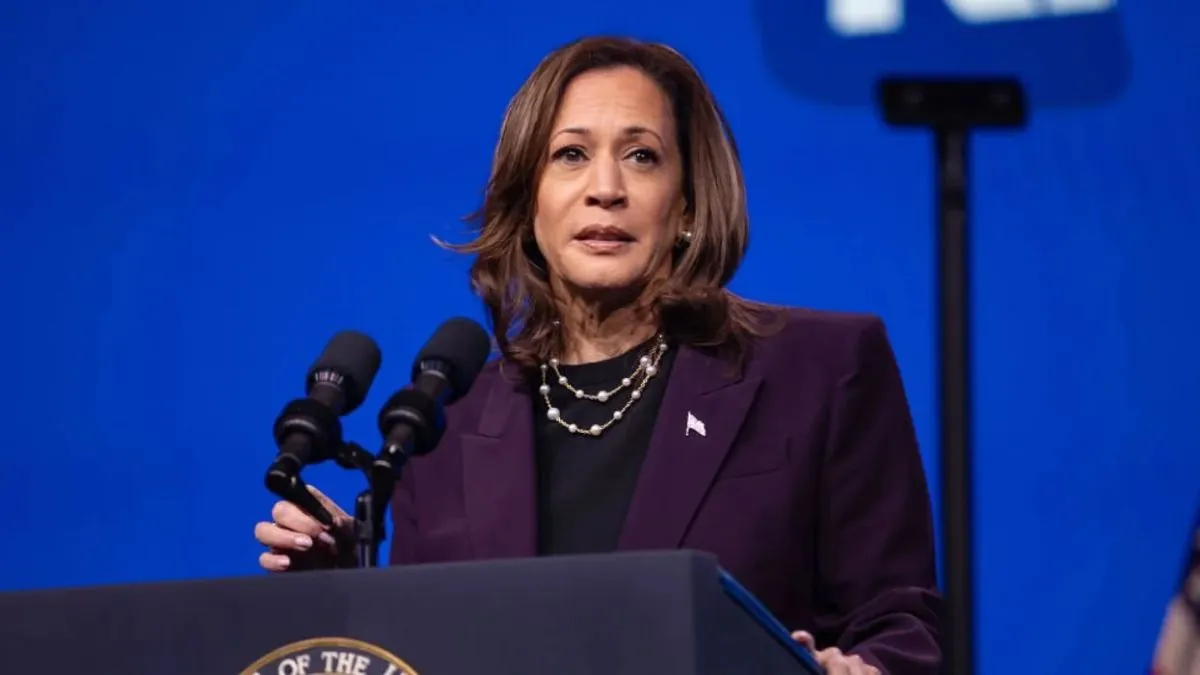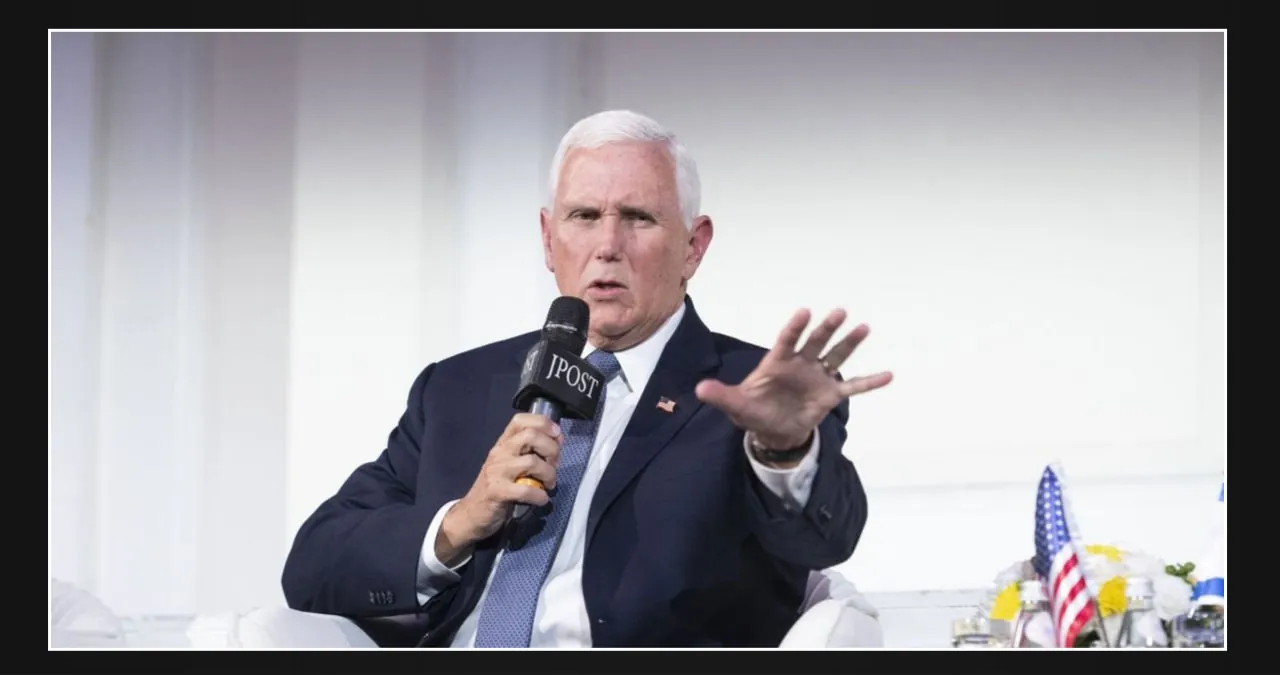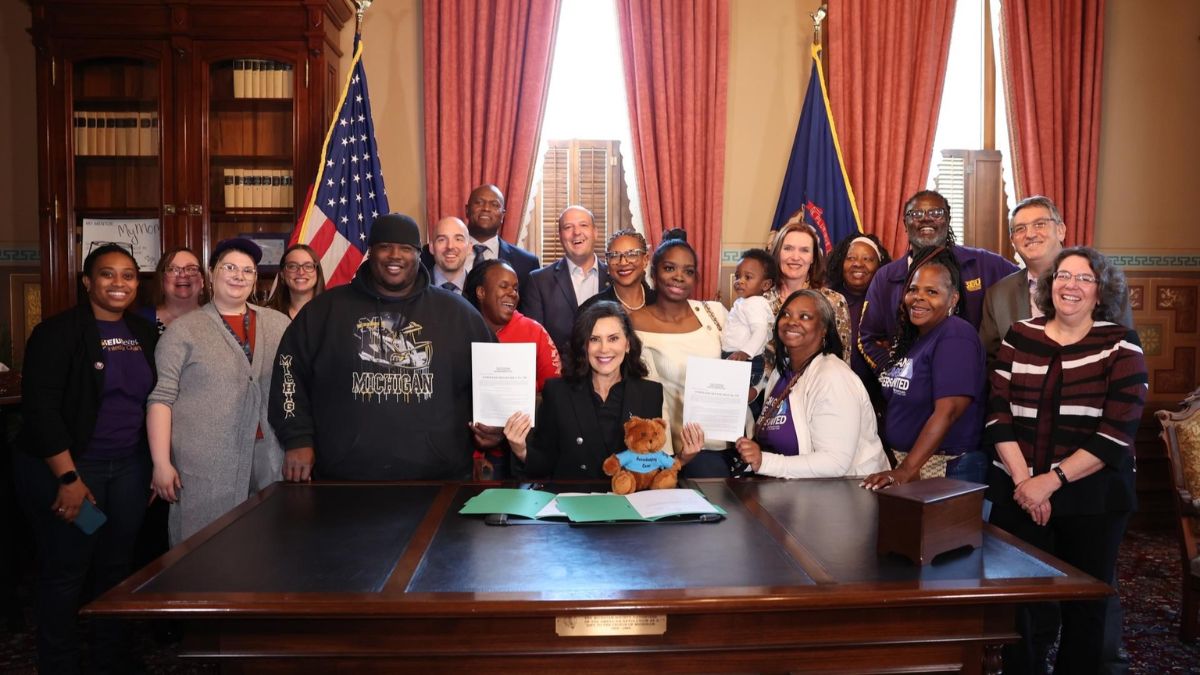The Supreme Court is set to rule on one of the most contentious culture war issues before the end of the year: whether parents have the right to protect their children from transgender operations.
As early as December, the nine justices could hear oral arguments on a constitutional challenge to a Tennessee law that limits minors’ access to puberty blockers, hormone therapy, and operations for gender transition. The legislation does not prohibit these operations for transgender adults.
Tennessee Attorney General John Skrmetti (R) recently framed the battle to defend the state’s law as one between “a few scrappy Tennessee attorneys” and the American Civil Liberties Union and Lambda Legal, two of the major firms that frequently advocate for pro-LGBT and transgender causes.
“And then the Justice Department jumped in,” Skrmetti stated during a September 17 appearance on the Michael Patrick Leahy show.
“I am proud of the team that’s been working on this case,” he said later.
Allowing people under the age of 18 to undertake chemical and surgical gender changes has sparked controversy. Republicans argue that parents should be able to intervene or dispute whether their children can receive these therapies, citing the fact that the treatments can have long-term effects on fertility and health far after puberty.
Meanwhile, the ACLU claimed that the law, which is currently not in force due to litigation, would “require trans youth currently receiving gender-affirming care to end that care within nine months of the law’s effective date.”
The ACLU asserts that, for instance, a doctor could prescribe estrogen to a cisgender teenage girl for any clinical diagnosis but could not do the same for a transgender girl with gender dysphoria.
The case, which has not yet been set for arguments, is expected to be one of the most heated courtroom battles since the Supreme Court overturned Roe v. Wade in the summer of 2022, allowing states to put gestational limits on abortion.
Protests lasted months when a leaked draft opinion in May 2022 foreshadowed Roe’s reversal, and the ACLU has already urged supporters of transgender surgery to “Show Up at the Court.”
“As soon as the court reveals its schedule, the ACLU will notify our supporters on how to join us outside the court for a rally. “We need a joyful, peaceful, and loud show of support for transgender people and their families,” the group wrote in a September 5 blog post on its website.
Facts about the Case
We have asked the Supreme Court to rule on whether Tennessee Senate Bill 1, which prohibits all medical treatments intended to allow “a minor to identify with, or live as, a purported identity inconsistent with the minor’s sex” or to treat “purported discomfort or distress from a discordance between the minor’s sex and asserted identity,” violates the Equal Protection Clause of the 14th Amendment.
The case of U.S. v. Skrmetti, where a federal appeals court ruled in favor of the limitations, will determine whether Tennessee and Kentucky would deny minors access to transgender operations.
However, the verdict will help lower courts determine whether comparable laws in 24 states that prohibit hormone therapy for minors can withstand constitutional scrutiny.
Some states have successfully defended their laws in court against challenges filed by the ACLU, which initially sued Tennessee and Kentucky until the feds interfered. Meanwhile, federal justices have blocked similar prohibitions in places such as Montana and Arkansas.
In July of last year, the United States Court of Appeals for the Sixth Circuit upheld Tennessee and Kentucky laws prohibiting transgender treatment for minors. The DOJ then intervened, asking the Supreme Court to rule on whether the statutes are constitutional.
The Skrmetti question is more specifically focused on hormone therapies, such as replacement therapy and puberty blockers, and does not address operations.
“The law also prohibits surgical procedures provided for the same purposes, but that prohibition is not at issue here,” according to solicitor General Elizabeth Prelogar’s complaint.
There is a medical controversy surrounding transgender medications for minors.
The plaintiffs in the lawsuit are a Nashville couple and their male child who identifies as female, as well as a Kentucky-based medical provider that supports minor treatments. Plaintiffs note a large body of information demonstrating that giving puberty blockers and cross-sex hormones to teens with gender dysphoria is strongly associated with better mental health results later in life.
The Endocrine Society, the American Medical Association, and the American Academy of Pediatrics all approve hormonal treatment for gender dysphoria in young people, including puberty blockers and cross-sex hormones.
On the other hand, the international community has heavily criticized transgender medicine for children.
Renowned British pediatrician Hilary Cass coordinated the National Health Service of the United Kingdom in April and released a groundbreaking, comprehensive analysis.
The approximately 400-page Cass report came to the conclusion that “remarkably weak evidence” and “shaky foundations” support hormonal-based therapies for treating gender dysphoria in minors.
Instead of hormonal or surgical intervention for minors, the Cass report suggests a comprehensive evaluation of the child that considers mental, neurodevelopmental, and social variables.
Following the publication of the Cass report, the UK NHS formally outlawed the use of puberty blockers as a treatment for young people with gender dysphoria, and the incoming Labour administration has pledged to begin clinical trials to develop more evidence-based standards of care.
A group of 21 endocrinologists from nine countries published an open letter in the Wall Street Journal in July, criticizing US recommendations on transgender treatment. The organization criticized the politicization of youth gender transition in the United States, claiming that there is little to no support for hormone treatment to improve the mental health of minors with gender dysphoria.
Precedent for transgender cases
In 2020, the Supreme Court declared 6-3 in Bostock v. Clayton County that a federal law prohibiting sex discrimination in employment includes LGBT people, stating that Title VII of the Civil Rights Act of 1964 protects individuals from workplace discrimination.
The ACLU’s legal argument against Tennessee’s law is based on Bostock’s foundation. Similarly, the government claims that the 6th Circuit’s Bostock analysis, which sided with Tennessee, was flawed.
“Transgender adolescents have been treated for gender dysphoria with puberty blockers and hormones for decades,” Prelogar said in the government’s brief, saying that the nine judges should rule that Bostock applies to Republican state legislation.
However, Skrmetti contended that Bostock and the lawsuit against SB 1 have little in common.
“Bostock expressly did ‘not prejudge’ the meaning of other laws governing sex discrimination,” lawyers for Skrmetti’s office stated in a filing to the Supreme Court.
The Tennessee attorney general went on to say that even if Bostock applied to the contested statute, it would benefit the state because the precedent highlighted that a judge must employ a “comparator” to decide whether an act discriminates.
“In Bostock, male and female employees were similarly situated because ‘[a]n individual’s homosexuality or transgender status is not relevant to employment decisions,'” according to the petition by Tennessee’s counsel.
In contrast, using testosterone or estrogen to treat a shortfall and restore naturally occurring levels “is in no way similar to using those drugs to elevate hormone levels far above the naturally occurring baseline to induce or prevent certain physical changes.”
Although Skrmetti will be the first Supreme Court case on the validity of gender transition medicine regulations, the court has previously been urged to address transgender social issues.
The justices have declined to comment on any other transgender-related matters, such as restroom laws or fairness concerns over boys playing in female sports.
The Biden administration supports transgender medicine.
In June 2023, President Joe Biden called state measures opposing transgender medical care “cruel and callous.”
“It’s wrong that extreme officials are pushing hateful bills targeting transgender children, terrifying families, and criminalizing doctors,” Mr. Biden said. “These are our children. “These are our neighbors.”
However, the government has found it more difficult to distinguish between juveniles who receive hormonal therapy and those who undergo invasive operations like mastectomy or vaginoplasty.
Documents discovered in June indicated that Rachel Levine, Assistant Secretary for Health at the Department of Health and Human Services, pressed an international committee of medical experts to abolish age limits for transgender surgery on kids.
Emails between Levine’s staff and officials from the World Professional Association for Transgender Health show that the Biden administration emphasized the political importance of removing age restrictions for gender transition surgeries, urging the organization to change recommendations in their standards of care guidance.
The age recommendations, which appeared in the December 2021 draft of the WPATH Standards of Care, were removed from the final version published in September 2022.
Levine, a biological male who identifies as a transgender woman, had a surgical gender transition in 2011 after being married and fathering two children.
Following criticism of Levine’s office’s role in developing the WPATH recommendations, a White House official emphasized in July that the Biden administration believes “these surgeries should be limited to adults.”
“We continue to support gender-affirming care for minors, which represents a continuum of care, and respect the role of parents, families, and doctors in these decisions,” stated a spokeswoman for the Trump administration.
The implications of the election are significant for the case.
Despite the high stakes of the Tennessee and Kentucky lawsuit, if former President Donald Trump wins the White House race in November, the 2024 election and the potential for a change in governments could lead to the case’s dismissal.
However, if oral arguments take place in December, they will conclude before the inauguration of the next president on Jan. 20. Some sources involved in the case told the Washington Examiner that a Trump administration may seek to change the DOJ’s stance on the case while maintaining the justices’ ability to issue a ruling.
In June 2023, Trump announced his “plan to stop the chemical, physical, and emotional mutilation of our youth” by implementing transgender medication for minors.
Trump promised to sign an executive order instructing all government agencies to cease promoting “the concept of sex and gender transition at any age.”
He also promised to ask Congress to pass legislation limiting the use of public funds for gender change medical treatments, as well as a federal law “prohibiting child sexual mutilation in all 50 states.”
The former president has maintained similar rhetoric long into 2024.
Vice President Kamala Harris and her running mate, Gov. Tim Walz (D-MN), will most likely continue the case’s present direction.









